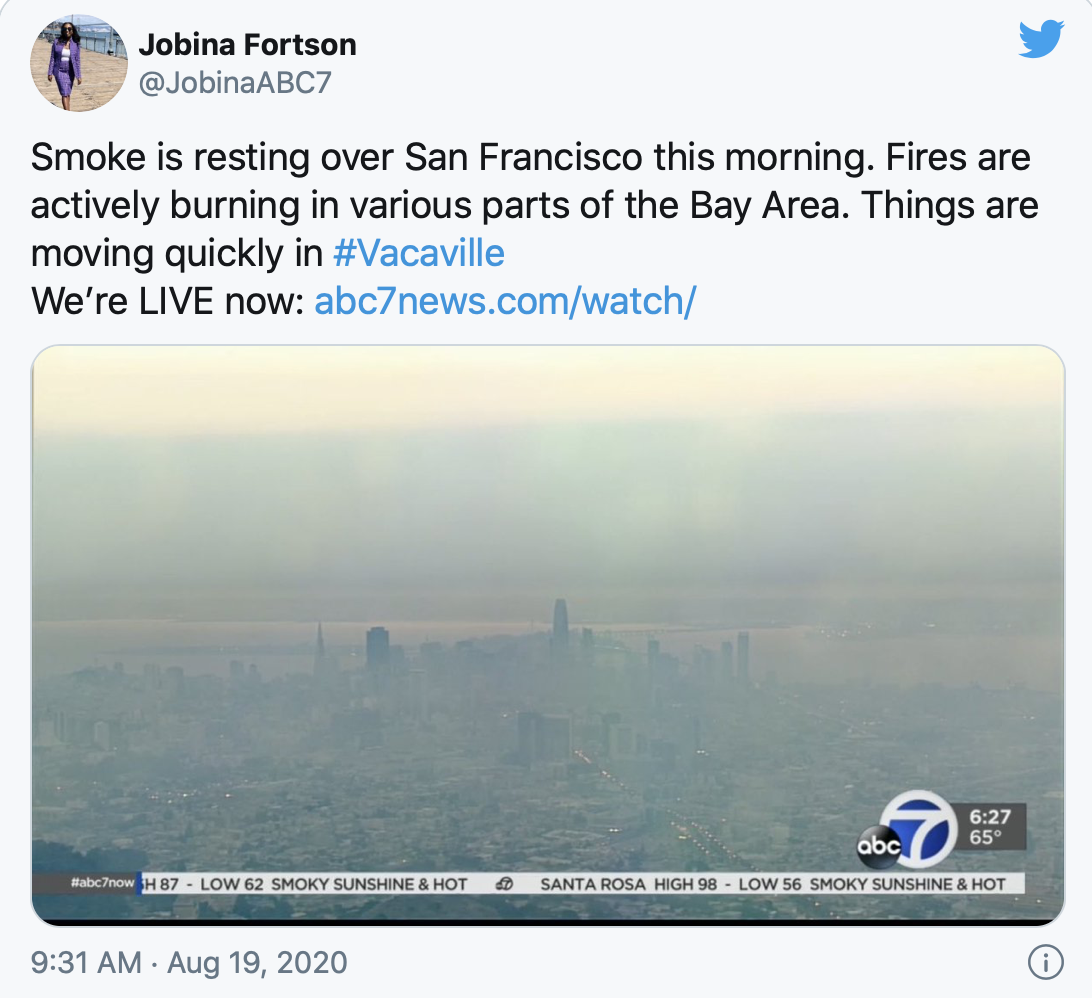Overshooting Earth
A Day Worth Pondering
By Dr. Elaine Blacklock MD
Aug. 22, 2020
Today is Earth Overshoot Day 2020 (EO Day). EO Day marks the point in the calendar year when humans exceed the planet’s capacity to sustain us. It’s about two weeks late this year, thanks mainly to the COVID-19 pandemic, which has driven down human consumption and excretion. No doubt the decline is temporary.
Here are the facts: We humans are consuming our planet’s resources and excreting our innumerable wastes far faster than the Earth can sustain and replenish and heal itself. And our rate of over-consumption and over-excretion has accelerated in recent decades. Just one of the many results is global heating, otherwise known as climate change, the climate crisis, the climate emergency . . .
Respecting Earth’s Limits (or not)
Back in 1970, we didn’t reach EO Day until Dec. 29. We almost managed to respect Earth’s limits.
In 1980, EO Day was on November 4th.
By 1990, it was October 11th.
By 2000 it was September 23rd.
By 2010 it was August 7th.
By 2019, it was in late July 29th.
If something doesn’t change, we will soon be consuming and excreting beyond earth’s capacities before the summer solstice in June!
Who’s doing all the consuming and excreting?
And who’s doing the bulk of the consuming and excreting? We humans who live in G20 countries, where 80% off the world’s GDP happens.
Yet even within the G20, there are dramatic disparities in consumption and excretion. Just take climate change and the production of greenhouse gases as an example. China is often disparaged for having the highest national carbon footprint. But in fact, when China’s vast population is taken into consideration, the reality changes. The carbon footprint per Chinese person is half that of the average North American. Ditto or more for many European countries.
The World’s Greatest
We North Americans are the world’s greatest consumers and excretors. We love our SUV’s, our trucks, and our air conditioning. Coal, oil, and gas have built out economies and shaped our infrastructure. We underinvest in clean energy, and heavily subsidize dirty energy.
Our purchases from Amazon had almost quadrupled in the five years before COVID-19 shut down our stores and malls.
And what about per person garbage production? Canada is #1 in the world, the USA #3! These are not titles to brag about.
People Can’t Be Healthy on a Sick Planet
It’s pretty clear that our profligate consumption and excretion are making Earth sick. Our planet is heating up. It’s melting. It’s storming. It’s flooding. It’s drying up. It’s burning up.
The health effects of the smoke from California’s wildfires will extend well beyond San Francisco. People cannot be healthy when the planet is sick. For parents: our children can’t be healthy when the planet is sick. For health care workers: Our patients can’t be healthy when the planet is sick.
It's Never Too Late
It's never too late to stop stealing from our children's earthly heritage. It's never too late to start living within the planet's means. It’s never too late to become a CLIMATE Hero, even a Health Care CLIMATE Hero. In fact, it’s our responsibility, as parents, and as doctors, nurses, RT's, OT's PT's, RNA's, as every other kind of heath care worker there is.




